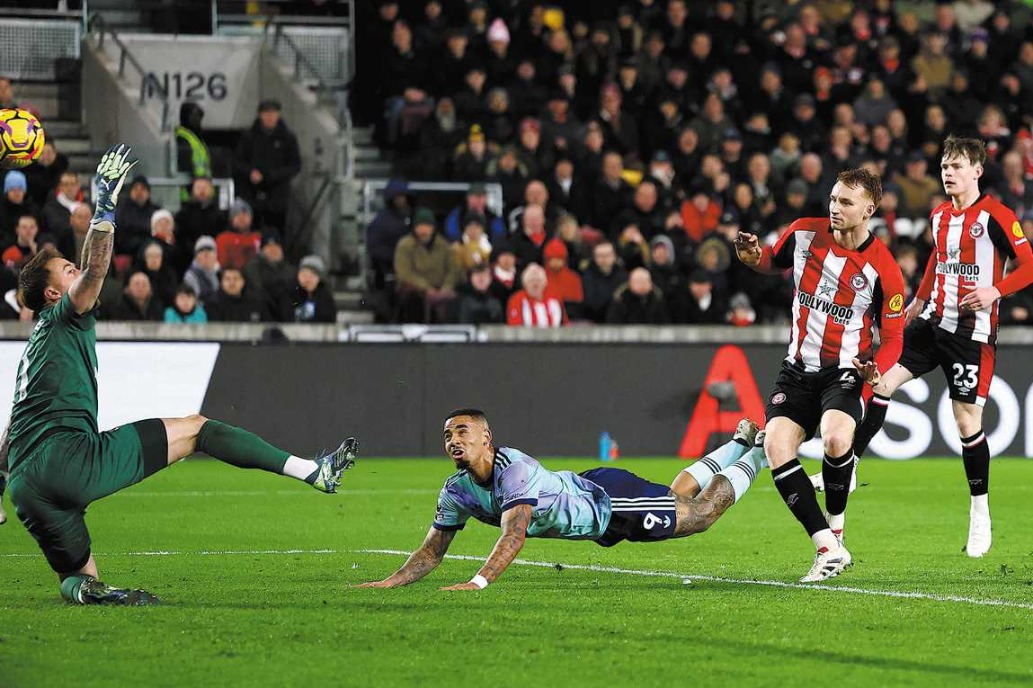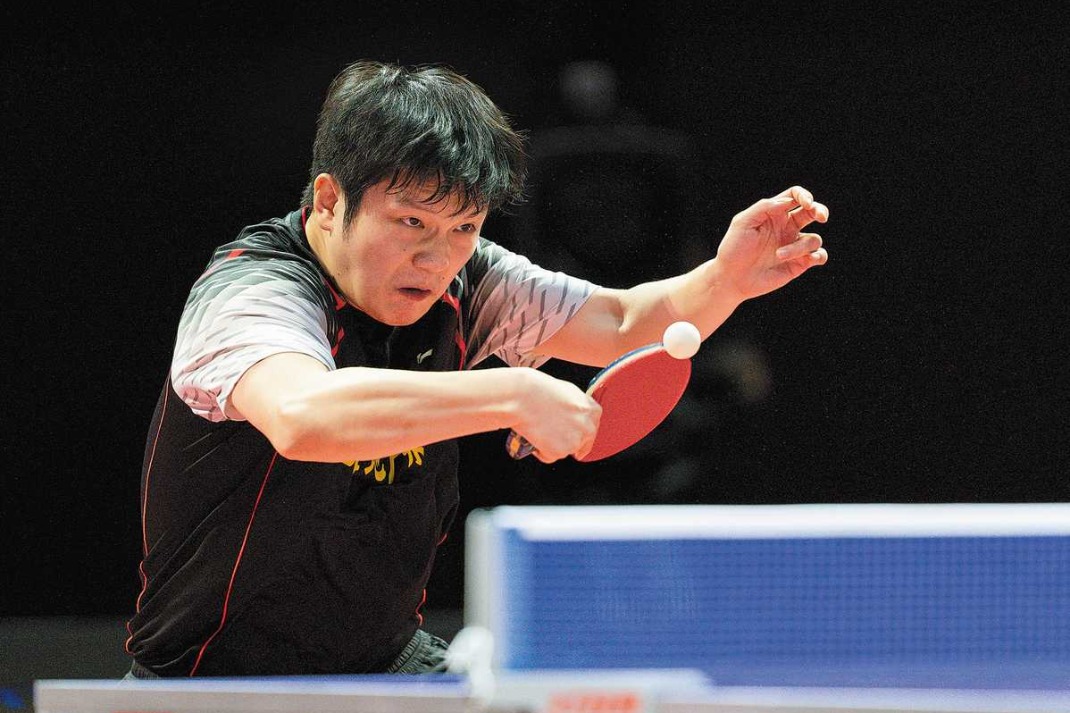Setting the stage for excellence


From Beijing to Shenzhen to Chengdu, World University Games showcase China's organizational expertise and hospitality
In 2001, when Zhao Jing applied to be a volunteer for the World University Games in Beijing, she did not realize just how much her life would revolve around the international sports gala ever since.
After graduating from university, Zhao became a public servant at China's Ministry of Education, and in 2005 she was an official with the Chinese delegation at the Summer University Games in the Turkish city of Izmir.
Three years later, she joined the International University Sports Federation (FISU), becoming deeply involved in the Shenzhen games in 2011 and then the Chengdu games.
Recalling her career trajectory, Zhao said that the FISU games present an opportunity to demonstrate the changes that have taken place in China — on and off the sporting field — over the past two decades.
City to city
The Chengdu games was originally scheduled for the summer of 2021, but was ultimately pushed back until 2023 due to the COVID-19 pandemic. Despite the challenges presented by the pandemic, Chengdu managed to get everything in place for the event before it officially opened on July 28.

"I know very well about the capability of my motherland," said Zhao, who oversaw Chengdu's bid for the games and preparations for the event. "I have more confidence in China's organizing committees than any other country."
Zhao's confidence stemmed from the 2001 games in Beijing. Staged a month after the Chinese capital was awarded the hosting rights for the 2008 Olympics, the 2001 games were widely considered a full rehearsal for the Olympics.
Building on the lessons learned from the games, Beijing successfully delivered the 2008 Olympic Games, showcasing China's organizational ability for international sports events.
That prowess was again in evidence in 2011 when Shenzhen, an economic hub just 30 years old at the time, successfully hosted the University Games.
Chengdu, with a history of over 2,300 years, is the third city in the Chinese mainland to host the biennial University Games. FISU acting president Leonz Eder has visited China more than 20 times since his first trip in 1985. "China always hosts our events with great passion and great success, and that's why we are more than happy to return to any Chinese cities to host our games," Eder said.
Emiliano Ojea, founding president of the Argentinian University Sport Federation, who participated in Shenzhen 2011, echoed those sentiments.
"China is one of the countries with the highest level of hosting events in the world, possessing high-quality sports venues and infrastructure, as well as enthusiastic and professional event volunteers," said Ojea.
The Chengdu games mark the first time a city in western China has hosted a major international sporting event, a testament to the country's development as a whole.
Universities up their game
China topped the medal table at the 2001 games, boosted by the stellar performances of star athletes like hurdler Liu Xiang and basketball star Yao Ming. However, both Liu and Yao were products of the traditional Chinese sports system rather than universities.
In 2005, Hu Kai, a Tsinghua University student, won a rare sprint gold for China in the men's 100 meters race at the World University Games in Turkiye, ushering in a new era of university sports in China.
In Chengdu, China is represented by 411 student-athletes, and over 80 percent of the athletes are making their international debuts.
"Whereas professional athletes groomed by sports schools used to form the bulk of China's delegation, the presence of non-professional athletes from ordinary universities has grown steadily in recent years," said Zhong Bingshu, a renowned Chinese scholar who specializes in school sports.
Chinese universities have increasingly contributed to the success of elite sports. China's delegation for the Tokyo 2020 Olympics included 252 student-athletes from 72 universities.
For today's student-athletes, the World University Games represent more than just a competition.
Tennis player Guo Hanyu, one of China's two flagbearers at the opening ceremony, personifies the spirit of friendship and goodwill at the games, saying she planned to explore Chengdu with athletes from other delegations.
"I will definitely recommend some delicious Sichuan cuisine to them. And of course, we will also visit the giant pandas!" said Guo, who studies at Southwest University.
Catalyst for development
The 2001 games were a prelude to Beijing's journey to host both the Summer and Winter Olympics over a span of 14 years, while the 2011 games played a role in Shenzhen's rise as a destination for international sports events.
Similarly, the Chengdu games has driven significant urban changes in the southwestern city. To prepare for the event, Chengdu built 13 new venues and renovated 36 existing structures. A wave of enthusiasm for sports has engulfed the city, as locals increasingly enjoy sports and fitness activities in parks and community centers.
"The Chengdu games have presented a feast of sporting action to our local residents, exerting a positive impact on their lives as they care more for sports and health. For instance, a 5-year-old child in the community watched a swimming competition and then pestered his mother to sign him up for a swimming course," said Zhang Biao, a community official in Chengdu's Tianfu New Area.
In 2017, Chengdu unveiled plans to become a hub for international sports events. The experiences the city has gained in hosting the games, as well as last year's World Team Table Tennis Championships, have helped it close in on that goal.
In 2025, Chengdu will host the World Games. Eder has been so impressed by the city that he reckons it is capable of staging any high-level international events, including the Olympics.
"It is a mid- and long-term strategy to build relations with international sports federations, which can further enhance the influence of Chengdu worldwide and boost tourism," he said.
Xinhua
Most Popular
- Chinese freeskier Liu claims maiden big air World Cup victory
- Skiing festival attracts over 2,000 skiers to Changchun
- New Village Super League season kicks off
- 23rd Vasaloppet International Ski Festival kicks off in NE China's Jilin province
- China takes first World Cup victory in skeleton mixed team race
- China held 671 marathons, road races in 2024






























